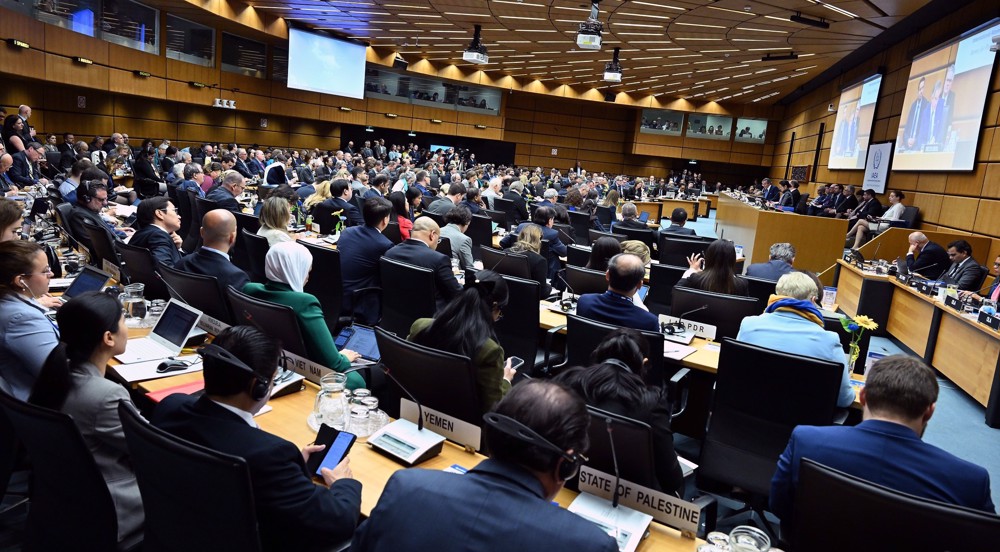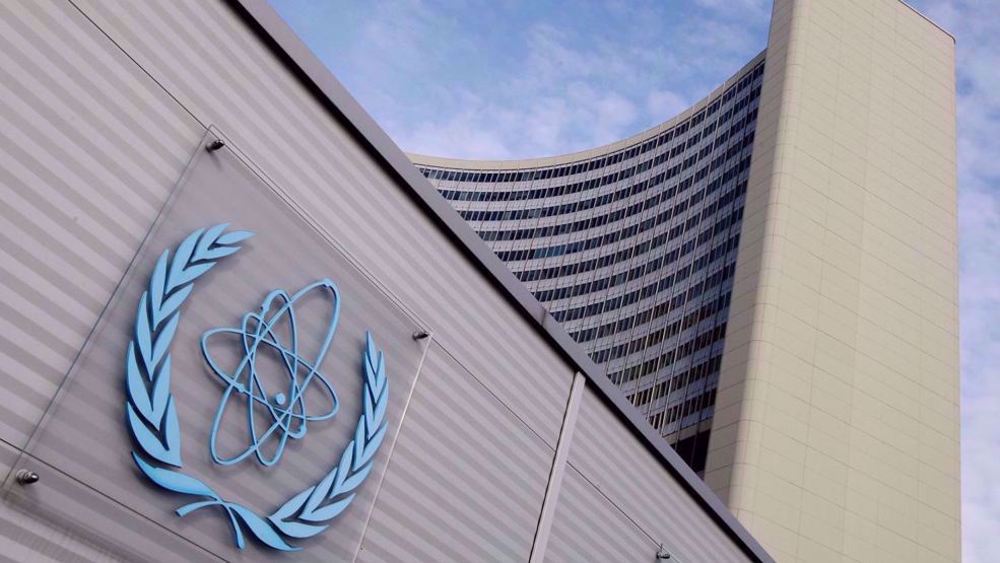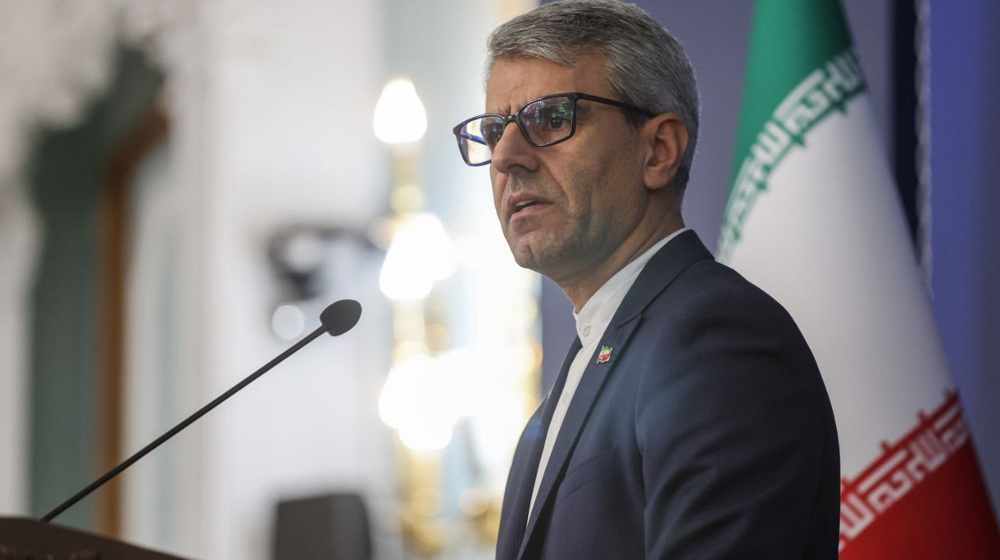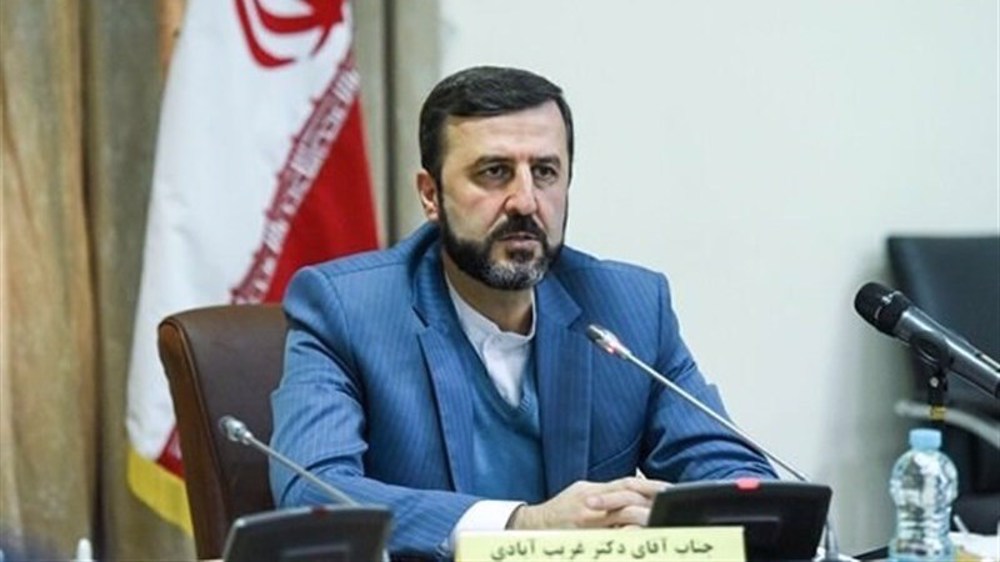E3, US, IAEA 'ineffectual' on Iran's nuclear case, will remain so: Shamkhani
A political advisor to Leader of the Islamic Revolution Ayatollah Seyyed Ali Khamenei says the Board of Governors of the International Atomic Energy Agency (IAEA), the United States and the European troika — also known as the E3 — will never achieve any success in their moves against Iran.
In a post on his official X account, Ali Shamkhani said the US and the Europeans — Britain, Germany and France — have been playing a good and bad cop game with the Iranian from negotiations to revive the 2015 nuclear deal to the recent meeting of the IAEA's Board of Governors.
The US and its European allies sought to manage Iran's reactions to their misbehavior by creating false hope in Iran, he wrote.
They have never been successful and been ineffectual, and will never achieve success in the face of the Islamic Republic, Shamkhani emphasized.
The post by the Leader's advisor come after the 35-member IAEA's Board of Governors passed a resolution on Wednesday accusing Iran of withholding sufficient cooperation with the agency.
Ratified by 20 votes in favor, two against with 12 abstentions, the resolution proposed by the European demands that the Islamic Republic step up its cooperation with the IAEA and provide “technically credible explanations which satisfy the Agency’s questions.”
The resolution also supports the IAEA to pursue its dialogue with Iran to clarify all outstanding safeguards issues.
Iran has strongly condemned the United Nations nuclear agency’s passage of the resolution, insisting that such moves would not serve to undermine the country’s nuclear development plans.
Iran's Interim Foreign Minister Ali Bagheri Kani also warned that any non-constructive measure by certain IAEA member states will certainly harm the agency’s identity and role.
Over the past years, Iran has made great strides in its peaceful nuclear energy program in defiance of illegal sanctions and other hurdles created by the Western governments.
The country, which is among the original signatories to the Nuclear Non-Proliferation Treaty (NPT), has also been closely cooperating with the International Atomic Energy Agency.
The country showed to the world the peaceful nature of its nuclear program by signing the 2015 nuclear agreement, formally known as the Joint Comprehensive Plan of Action (JCPOA), with six world powers.
But, Washington’s unilateral withdrawal in May 2018 and its subsequent re-imposition of sanctions against Tehran left the future of the deal in limbo.
Tehran started to suspend some of its obligations under the agreement in 2019 in full accordance with its inherent right under paragraphs 26 and 36 of the JCPOA, in reaction to the United States’ unlawful unilateral withdrawal from the agreement on 8 May 2018, and the subsequent failure of the E3 to uphold their commitments.
Tehran then agreed to some additional IAEA inspections and resolved issues related to one of the three sites and the alleged presence of uranium particles there.
Venezuela's government declares unwavering unity behind Maduro
VIDEO | Global outcry over Venezuela president abduction
Iran keeps wheat import subsidies despite cutting other food supports
Venezuelan military stands with acting president after US kidnapping of Maduro
VIDEO | Press TV's news headlines
VIDEO | Protesters in Toronto slam US kidnapping of Venezuelan president
Israeli troops detain, intimidate Palestinian toddler in West Bank
Iran says its investments in Venezuela face no major risk











 This makes it easy to access the Press TV website
This makes it easy to access the Press TV website